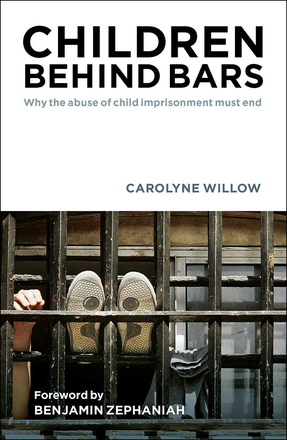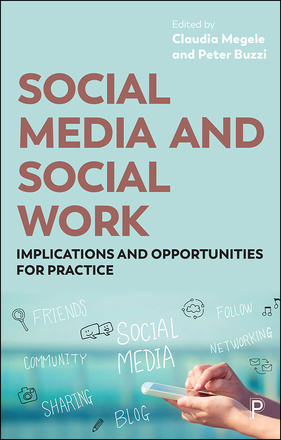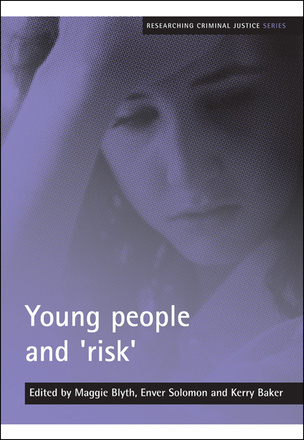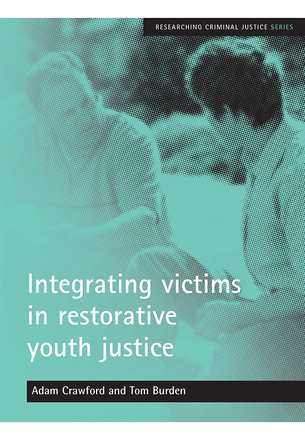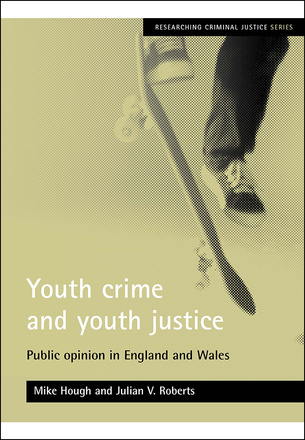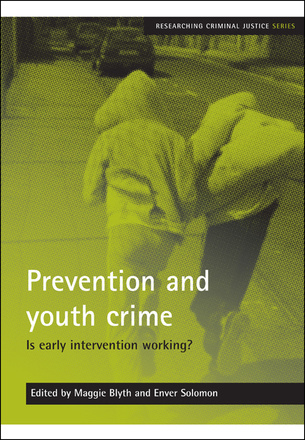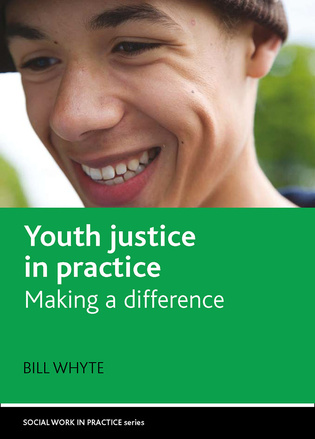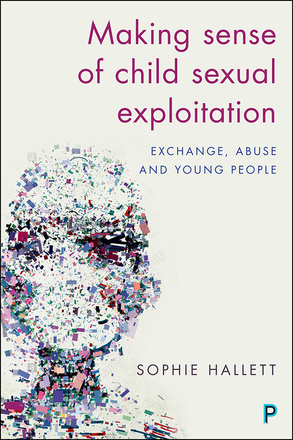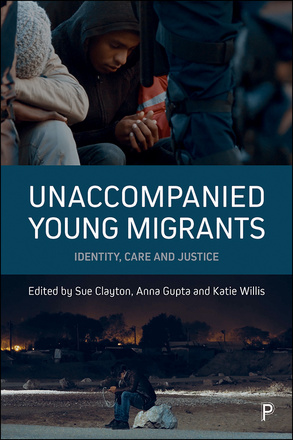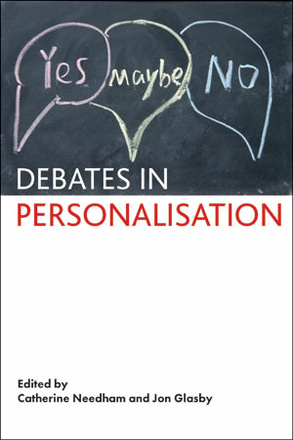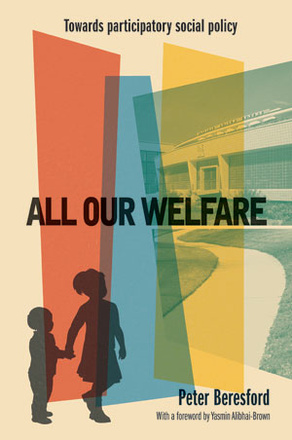Youth justice
Children Behind Bars
Why the Abuse of Child Imprisonment Must End
This engaging book presents the shocking truth about the lives and deaths of children in custody. Drawing on human rights legislation, it outlines the harsh realities of penal child custody. The issues are explored through the lens of protection, not punishment, and the author finds there can be only one conclusion: child prisons must close.
Social Media and Social Work
Implications and Opportunities for Practice
Using real-life examples, this book enables practitioners and students to consider the ethics and assess the impact of social media on their professional conduct, and their ability to maintain public confidence.
Young people and 'risk'
Alongside the current media preoccupation with high risk offenders, there has been a shift towards a greater focus on risk and public protection in UK criminal justice policy. This report draws together a distinguished panel to consider both the theory and application of the risk concept in work with young people and young adults that offend.
Integrating victims in restorative youth justice
Current youth justice policy aims to introduce principles of restorative justice and involve victims in responses to crime. The challenges involved in delivering this in a form that is sensitive to victims are considerable. This report provides an evaluation of the manner in which one Youth Offending Service sought to integrate victims.
Youth crime and youth justice
Public opinion in England and Wales
This report presents the findings from the first national, representative survey of public attitudes to youth crime and youth justice in England and Wales. It carries clear policy implications in relation to both public education and reform of the youth justice system.
Prevention and youth crime
Is early intervention working?
The 2008 UK government Youth Crime Action Plan emphasises early intervention in work with young people who offend or considered to be 'at risk' of offending. This approach includes targeted work with families and a reduction in the numbers of young people entering the justice system. This report takes a critical look at early intervention policies.
Youth justice in practice
Making a difference
This book examines youth justice in a UK and international context, highlighting the challenge facing all jurisdictions in balancing welfare and justice. It explores the impact of political ideas and influences on the structural and practical challenges of delivering youth justice.
Parental Conflict
Outcomes and Interventions for Children and Families
The book shows how children are affected by conflict, explores why they respond to conflict in different ways, and provides clear, practical guidance on the best ways to ameliorate the effects.
Making Sense of Child Sexual Exploitation
Exchange, Abuse and Young People
Providing fresh insight into child sexual exploitation (CSE), this book uses the voices of children and young people who have experienced sexual exploitation, and the practitioners who have worked with them, to challenge the dominant discourse around CSE.
Unaccompanied Young Migrants
Identity, Care and Justice
Exploring in depth the journeys migrant youth take through the UK legal and care systems, this book contributes new thinking, from a social justice perspective, on migration and human rights for policy, practice and future research.
Debates in Personalisation
The first book to bring together both advocates and critics of the personalisation agenda in English social care services to debate key issues.
All Our Welfare
Towards Participatory Social Policy
This unique book is the first to critique the past, present and future welfare state from a participatory perspective. Peter Beresford demonstrate the value of ‘user knowledge’ by challenging orthodox social policy and the limitations of both Fabian and Neo-liberal perspectives drawing on service users ‘ own ideas and experience.







